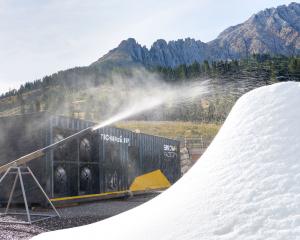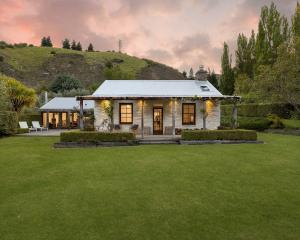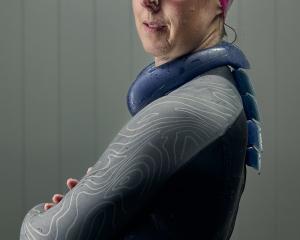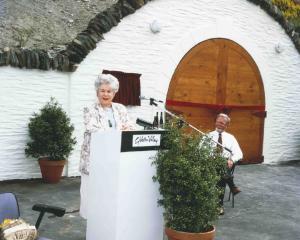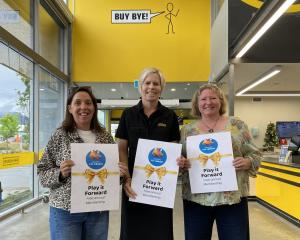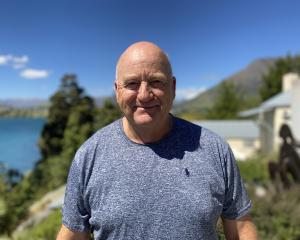Games founder Steve Hollander says the weekend's games were a success and crowd numbers at Queenstown's Recreation Ground were nearly double those of last year's inaugural event.
But the charitable trust behind the event had received only 30% of the funding it had hoped for from the Queenstown Lakes District Council and charitable trusts.
He and trust patrons had been left to make up the shortfall from their own pockets.
Mr Hollander said trustees would meet in two weeks' time to decide whether to hold the Games in a North Island province next year or to stay in the resort for a third year.
Several provinces had shown "strong interest'' in the games.
"There's quite clearly much more interest in engaging with us from a financial support and community support point of view than we're getting here at the moment.''
Although the games would return to Queenstown at some point, a move north would boost its national profile.
The trust received $20,000 from the council and $10,000 from the Central Lakes Trust, he said.
Applications to the Community Trust of Southland, Southern Trust, Otago Community Trust, the Government's Major Events Fund, the Lottery Grants Board and Sport New Zealand were all unsuccessful.
"I'm grateful for the little we got but it wasn't enough.''
He understood the council's policy of supporting events outside the peak tourist season, but noted that mountain bike race The Pioneer had got $40,000 from the council, despite being run by a private company.
The Central Lakes Trust's grant was "poor'' after a big effort was made to fit its criteria by focusing on public "have a go'' events at this year's games.
But trust chairman Malcolm Macpherson said the Rural Games was "on the margins'' of its usual grants.
Its established criteria considered the activity's "public good'' and whether it was a charitable activity.
"We've worked with Steve and his team over the last 12 months.
"We've looked at a number of different potential ways to fund and we've done what I think is probably about as good as we can, given the constraints we work under.''
It would consider another funding application for next year's event.
"It's not about not having enough money to support them; it's about making the right decision for the event.''
Putting on the games cost about $900,000, most of which came from commercial sponsorship.
Mr Hollander said he wanted the "Running of the Wools'' to continue as an annual event in the resort, regardless of where the Rural Games were held.
The muster of hundreds of merinos through the town centre was a perfect fit for the resort.
"If Queenstown wants it to stay, we'll stay.''



